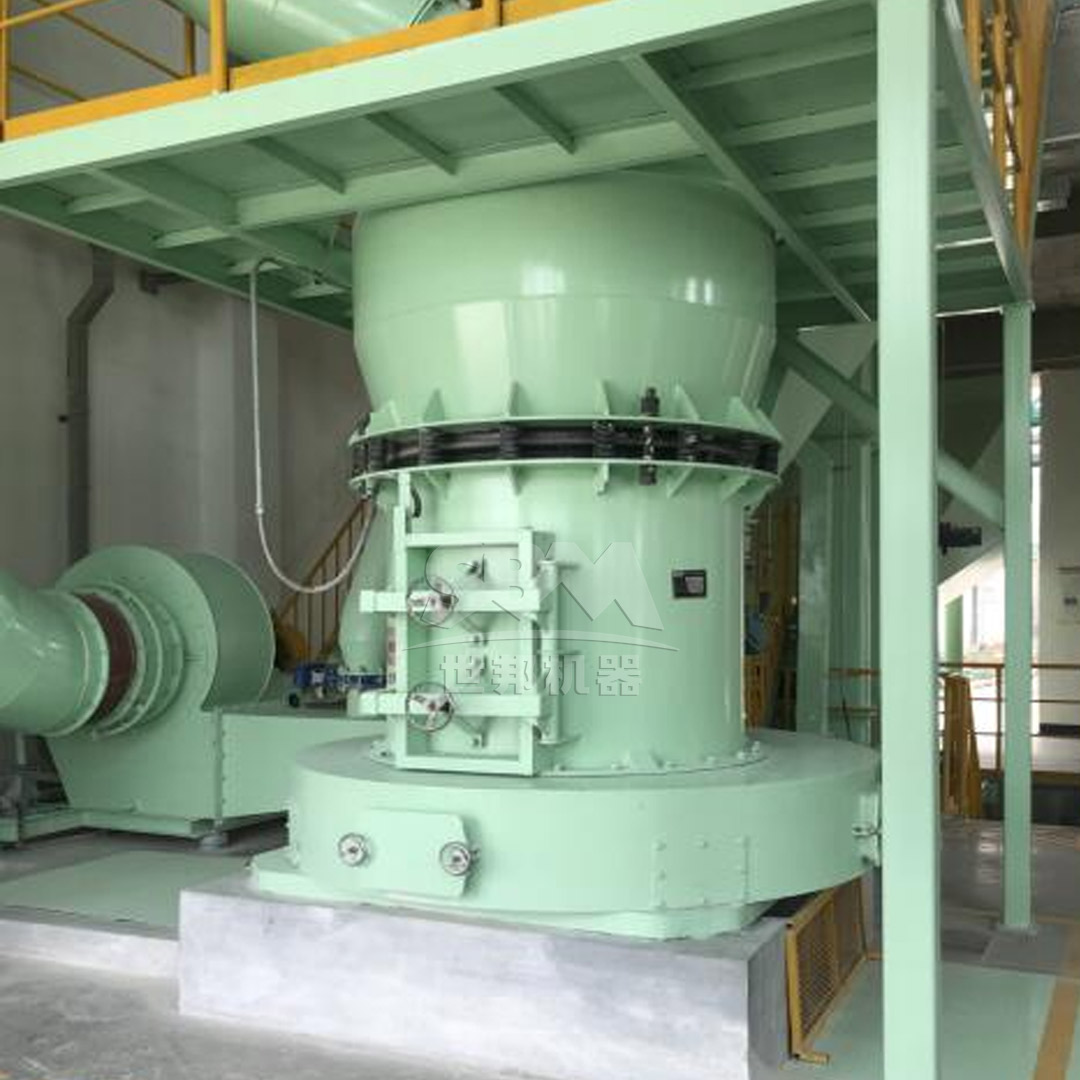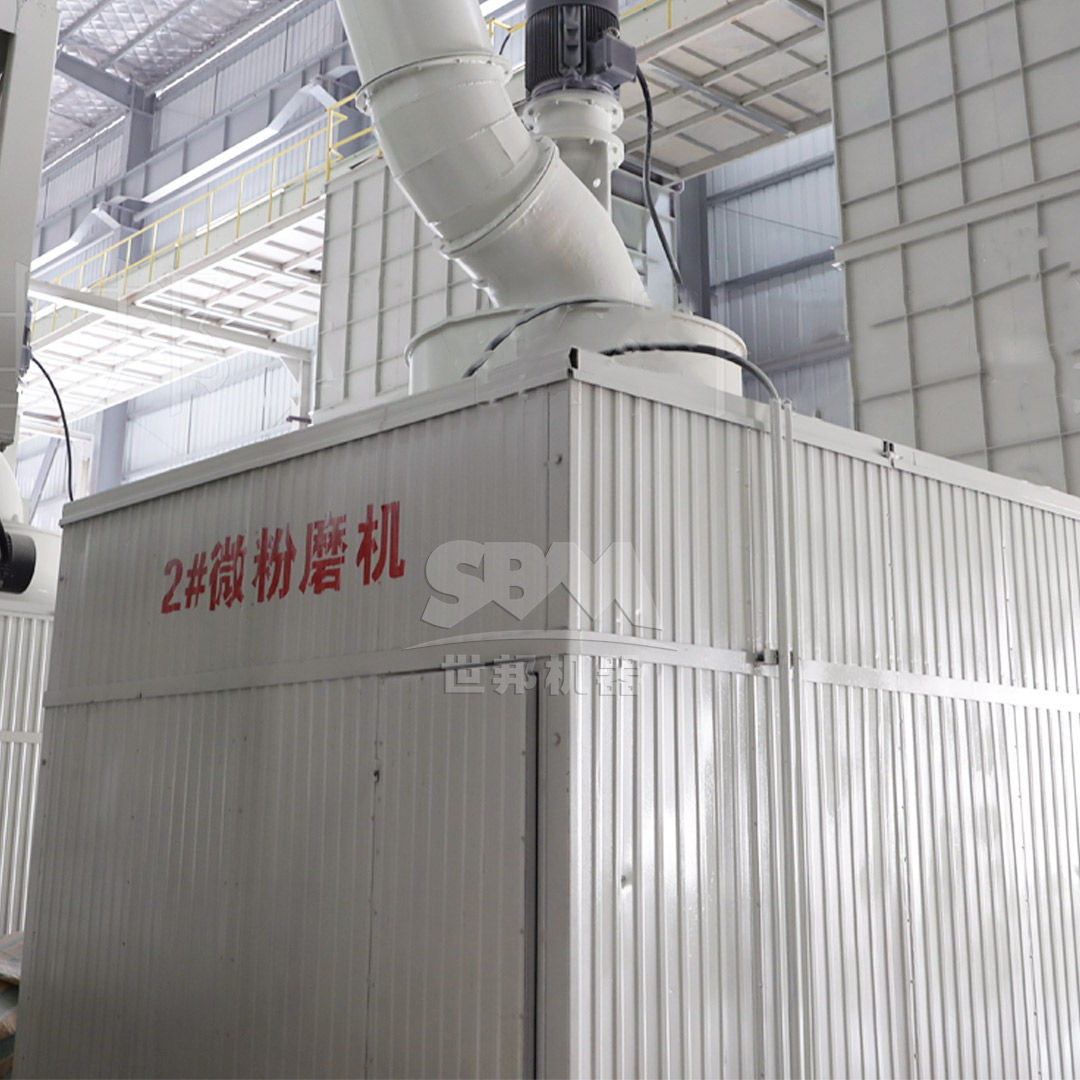Talc, a hydrous magnesium silicate, is widely used in the pharmaceutical industry as an excipient in tablet and capsule formulations due to its lubricating properties, chemical inertness, and adsorption capacity. The production of pharmaceutical-grade talc requires stringent control over particle size distribution, purity, and microbial contamination. Specialized grinding mills are essential to achieve the desired fineness (often D97 ≤ 5μm) while maintaining these critical quality attributes. This article explores the technological requirements for pharmaceutical talc production and highlights advanced milling solutions.

Producing talc for pharmaceutical use demands equipment that can deliver:
Several milling technologies can achieve pharmaceutical-grade talc powder, each with distinct advantages for specific applications.
For the most demanding pharmaceutical applications requiring the finest particle sizes, ultrafine grinding mills represent the optimal solution. Among these, our SCM Ultrafine Mill series stands out as particularly suitable for pharmaceutical talc production.
This advanced mill system delivers exceptional performance with output fineness reaching 325-2500 mesh (D97 ≤ 5μm), precisely meeting pharmaceutical requirements. The mill operates with input sizes up to 20mm and offers processing capacities from 0.5-25 tons per hour depending on the specific model.

The technical advantages of the SCM Ultrafine Mill include:
The working principle involves main motor-driven rotation of triple-layer grinding rings. Material is dispersed into the grinding path by centrifugal force, undergoes roller compression crushing, and is progressively ground through multiple layers. Final powder collection is accomplished through cyclone collectors and pulse dust removal systems.
| Model | Processing Capacity (ton/h) | Main Motor Power (kW) | Feed Size (mm) | Output Fineness (mesh) |
|---|---|---|---|---|
| SCM800 | 0.5-4.5 | 75 | 0-20 | 325-2500 |
| SCM900 | 0.8-6.5 | 90 | 0-20 | 325-2500 |
| SCM1000 | 1.0-8.5 | 132 | 0-20 | 325-2500 |
| SCM1250 | 2.5-14 | 185 | 0-20 | 325-2500 |
| SCM1680 | 5.0-25 | 315 | 0-20 | 325-2500 |
For applications requiring slightly coarser talc powders or preliminary size reduction, vertical roller mills offer excellent solutions. Our LM Series Vertical Roller Mill provides efficient grinding with output fineness between 30-325 mesh (special models up to 600 mesh) and impressive processing capacities ranging from 3-250 tons per hour.
This mill series features compact design with integrated crushing, grinding, and separation functions that reduce footprint by 50%. The non-contact design between grinding rollers and disc triples the service life of wear parts while reducing energy consumption by 30-40% compared to ball mill systems.
Pharmaceutical talc must be entirely free from metallic contamination that could originate from grinding media. Our milling equipment addresses this concern through specialized wear materials including ceramic grinding components and advanced separation systems that remove potential contaminants.
The milling process must not introduce microbial contamination. Our systems incorporate design features that prevent microbial growth, including smooth surfaces without crevices, complete drainage capabilities, and options for sterilization procedures between batches.
Consistent particle size distribution is critical for pharmaceutical functionality. Advanced classification systems in our mills ensure tight control over the entire particle size spectrum, with real-time monitoring and adjustment capabilities.

Our milling equipment is designed to support comprehensive process validation requirements, with documentation packages that include installation qualification (IQ), operational qualification (OQ), and performance qualification (PQ) protocols specifically tailored for pharmaceutical applications.
All contact parts are designed for easy cleaning and inspection, with quick-disconnect components and CIP (Clean-in-Place) capabilities where appropriate. Maintenance procedures are streamlined to minimize downtime while ensuring consistent product quality.
Our equipment is manufactured with materials compliant with FDA requirements and designed to meet current Good Manufacturing Practice (cGMP) standards for pharmaceutical production facilities.
The production of pharmaceutical-grade talc requires precision milling equipment capable of delivering ultra-fine particles with strict control over contamination, particle size distribution, and microbial quality. Advanced mills like the SCM Ultrafine Mill series offer the technological capabilities needed to meet these demanding requirements while maintaining operational efficiency and compliance with pharmaceutical regulations. As the industry continues to evolve toward more sophisticated formulations, the role of advanced milling technology becomes increasingly critical in ensuring the quality, safety, and efficacy of pharmaceutical products containing talc.